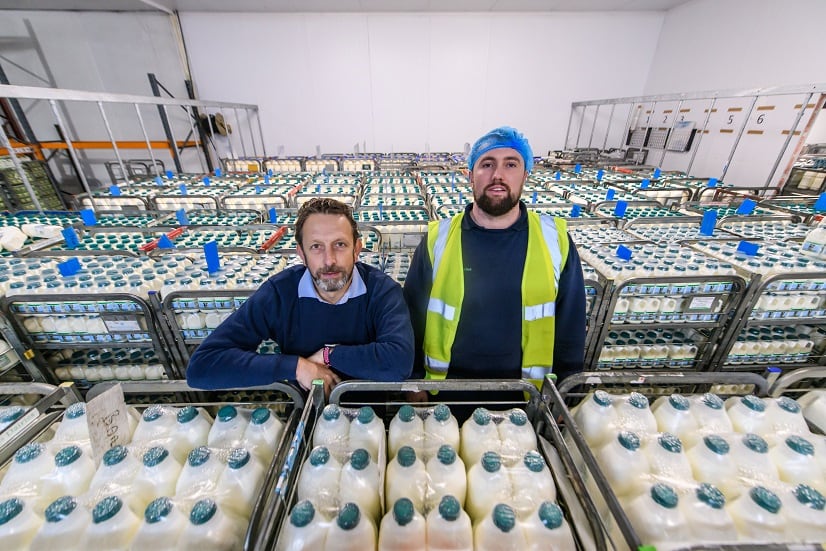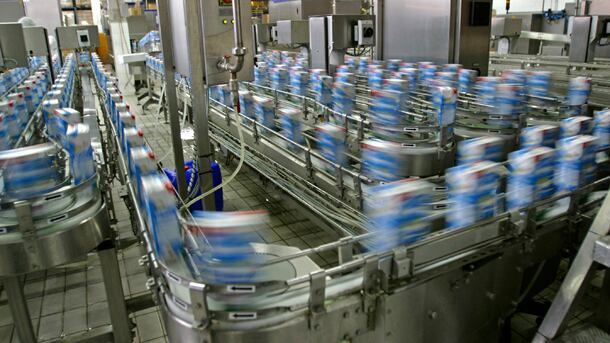Food manufacturers have experienced record input cost inflation and are also increasing their prices as a result – half (50%) of food and drink producers interviewed by Lloyds said they had done so last month.
Manufacturers bore the brunt of rises in energy, shipping and raw material prices, posting a reading of 85.3, compared to 81.6 for services businesses. Cost inflation was most acute among food and drink manufacturers, which registered a reading of 94.3 – the sector’s highest reading on record, the tracker revealed.
Similarly, 50% of both food and drink manufacturers and transportation firms reported a rise in their charges during March, compared to long-run averages of 14% and 13% per month respectively.
The news follows similar concerns made by the United Nations on food commodity prices in the wake of the war.
War in Ukraine
However, while UK services businesses benefitted from strong demand and a further loosening of Covid-19 restrictions, goods producers were disproportionately affected by the war in Ukraine – leading to the largest gap between manufacturing and service output growth in 13 years.
In March, 12 out of 14 UK sectors monitored by the Tracker reported output growth, up from 10 in February. Of these, eight saw faster month-on-month output growth, four more than last month.
Tourism and recreation, which includes pubs, hotels, restaurants and leisure facilities, posted the fastest growth of any sector in March (68.5 vs 58.8 in February). A reading above 50 signals output is rising, while a reading below 50 indicates contraction.
By contrast, many manufacturing sectors struggled to achieve higher production levels in March amid rising input costs and supply challenges, driven by the impact of the war in Ukraine
Meanwhile, activity in the industrial goods manufacturing sector, which includes producers of machinery and equipment, heavy vehicles and construction materials, fell for the first time since May 2020. Firms cited both material shortages and delays in receiving shipments.
Price rises
UK companies also raised their prices at an unprecedented rate for a second month in a row in March, with the Tracker’s Prices Charged Index increasing by three points from February to 68.3.
As well as highlighting higher prices, the Tracker data also suggests that firms are now raising prices more frequently than they have in the past.
Jeavon Lolay, head of economics and market insight at Lloyds Bank Commercial Banking, said: “Alongside labour market shortages, the unrelenting pressure from rising costs represents another major challenge for most UK businesses. Both service and manufacturing firms face higher inflation, in part driven by the ongoing war in Ukraine – a factor that is weighing particularly heavily on manufacturing activity.”




